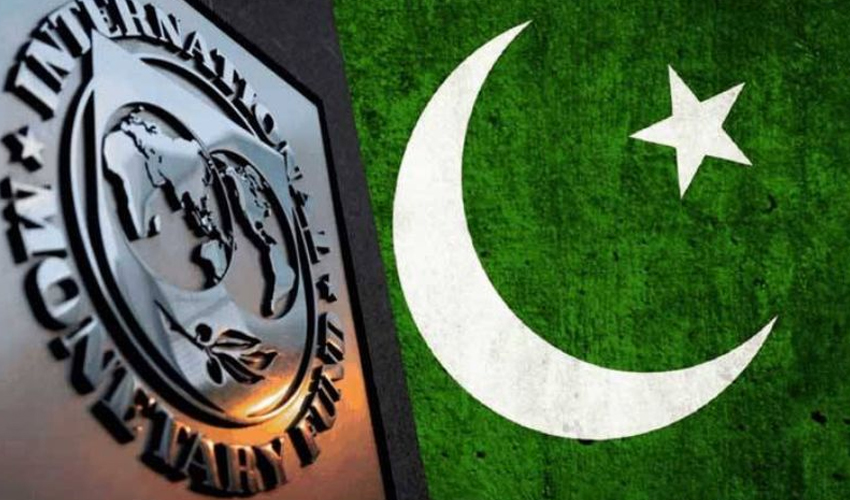In a major development, the International Monetary Fund (IMF) Executive Board, during a meeting in Washington, has approved a $7 billion loan for Pakistan.
This new financial support program is designed to span over 37 months, providing crucial relief to the country amidst its ongoing economic challenges.
As per sources, Pakistan is likely to get $1 billion or $1.1 billion as the first instalment of the loan by September 30. After the approval of the loan program, the second installment will also be received in the same financial year, the sources added.
Pakistani officials have confirmed that all preconditions for the loan, including securing $2 billion in additional financing and consolidating $12.7 billion in debt, have been fulfilled.
China, Saudi Arabia, the UAE, and Kuwait have also provided crucial support by deferring Pakistan’s loan payments for one year.
As part of the IMF's preconditions, Pakistan has borrowed from international commercial banks at an interest rate of 11%, one of the highest rates in the country’s history.
Also Read: Pakistan needs $100bn in external financing by 2027 amid financial challenges
Finance Ministry officials revealed that Pakistan has to repay $100 billion in debt over the next four years. Additionally, loans from friendly countries will need to be rolled over annually, while additional external financing of $5 billion is projected to be required within the next three years.
To meet the stringent demands of the IMF program, Pakistan will need to gradually raise its tax-to-GDP ratio by 3% over the same period. Sectors such as retail, wholesale, exports, and agriculture are expected to be brought under the tax net, as the government looks to increase revenues.
Furthermore, the officials said reforms in administrative structures, including tax, energy sector and governance, must be continued for the IMF package. Provincial governments have expressed their support for the loan program, with a shared focus on steering the country's macroeconomic stability towards sustainable development.
Finance Ministry officials emphasized that the loan package will not only provide vital funds but will also unlock additional financial assistance from other international organizations and countries. This assistance is expected to help Pakistan mitigate the ongoing economic crisis and implement necessary reforms for long-term stability.
Also Read: Pakistan Stock Exchange named best in the world by Bloomberg
Last week, the National Assembly's Standing Committee on Finance was told that the country requires $100 billion in external financing over the next four years. In addition, an extra $12 billion will be needed in the next three years to address ongoing economic challenges.
The International Monetary Fund (IMF) is expected to provide $7 billion, while another $5 billion will be sourced from commercial banks and various other financial institutions. Furthermore, the country will need to roll over loans from key allies, including China, Saudi Arabia, and the UAE in the coming years.
The committee was told that in the last five years, there was an average annual increase of 14% in loans taken. Despite receiving the proposed new bailout package of $7 billion from the IMF, Pakistan's external financial woes will not ease.
PM expresses satisfaction
Prime Minister Muhammad Shehbaz Sharif has expressed satisfaction over approval of seven billion dollars package by the International Monetary Fund for Pakistan.
In a statement issued from New York, he thanked the friendly countries particularly Saudi Arabia, China and the United Arab Emirates for extending support regarding the IMF package.
The Prime Minister also thanked IMF Managing Director Kristalina Georgieva and her entire team. He said by the grace of Allah Almighty, process for implementation of economic reforms is vigorously underway.
Shehbaz Sharif said we will continue hard work with the same spirit for achieving target of economic development after economic stability. He said surge in business activities and investment in Pakistan is a testimony of the hard work of economic team.


























